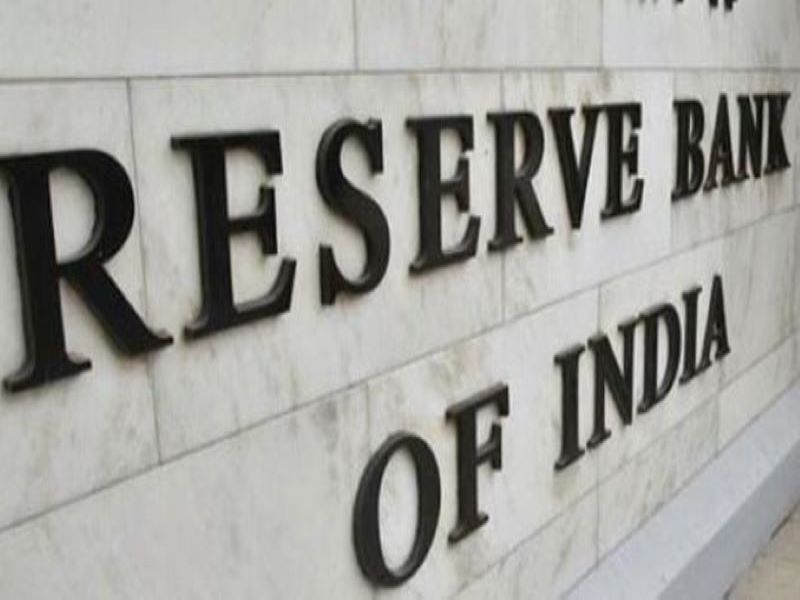 Card Tokenaisation
Card Tokenaisation
RBI extends deadline for card tokenisation
Mumbai/IBNS: The Reserve Bank of India (RBI) on Thursday extended the deadline for card tokenisation till June 30, 2022.
"The timeline for storing of CoF data is extended by six months, i.e., till June 30, 2022; post this, such data shall be purged," the central bank said in its circular, directed to all payment system operators.
In addition to tokenisation, industry stakeholders may devise alternate mechanisms to "handle any use case (including recurring e-mandates, EMI option, etc.) or post-transaction activity (including chargeback handling, dispute resolution, reward/loyalty programme, etc.)" that currently requires storing card data (CoF) by entities other than card issuers and card networks, the RBI further noted.
The Reserve Bank's earlier deadline was set to expire on December 31, 2021.
Tokenisation means the replacement of credit and debit card details with an alternate code called a “token”.
A token is unique for each card, token requestor and device.
The token requestor is the entity that accepts a request from a customer for tokenisation of a card and sends the request on to the card network for the issue of a corresponding token.
A tokenised card transaction is deemed safer as the card details are not shared with the merchant while processing a transaction.
The cardholder can get the card tokenised by starting a request on the app provided by the token requestor.
The token requestor will forward the request to the card network, which, with the consent of the card issuer, will issue a token corresponding with the combination of the card, the token requestor, and the device.
RBI had asked banks to check the level of preparedness at the entity level.
The central bank has coordinated with the banks in recent weeks to ensure the transition is smooth, according to people familiar with the development.
“The RBI wants banks to ensure the banking system is prepared for the new rules. The regulator is in touch with most banks on this subject,” said a senior official at a private sector bank, on condition of anonymity.
While banks were confident of being ready to meet the new rules along with payment networks, merchants were not ready.
During meetings with the RBI, banks warned the regulator of potential glitches as small merchants require more time for the big shift.
Support Our Journalism
We cannot do without you.. your contribution supports unbiased journalism
IBNS is not driven by any ism- not wokeism, not racism, not skewed secularism, not hyper right-wing or left liberal ideals, nor by any hardline religious beliefs or hyper nationalism. We want to serve you good old objective news, as they are. We do not judge or preach. We let people decide for themselves. We only try to present factual and well-sourced news.







